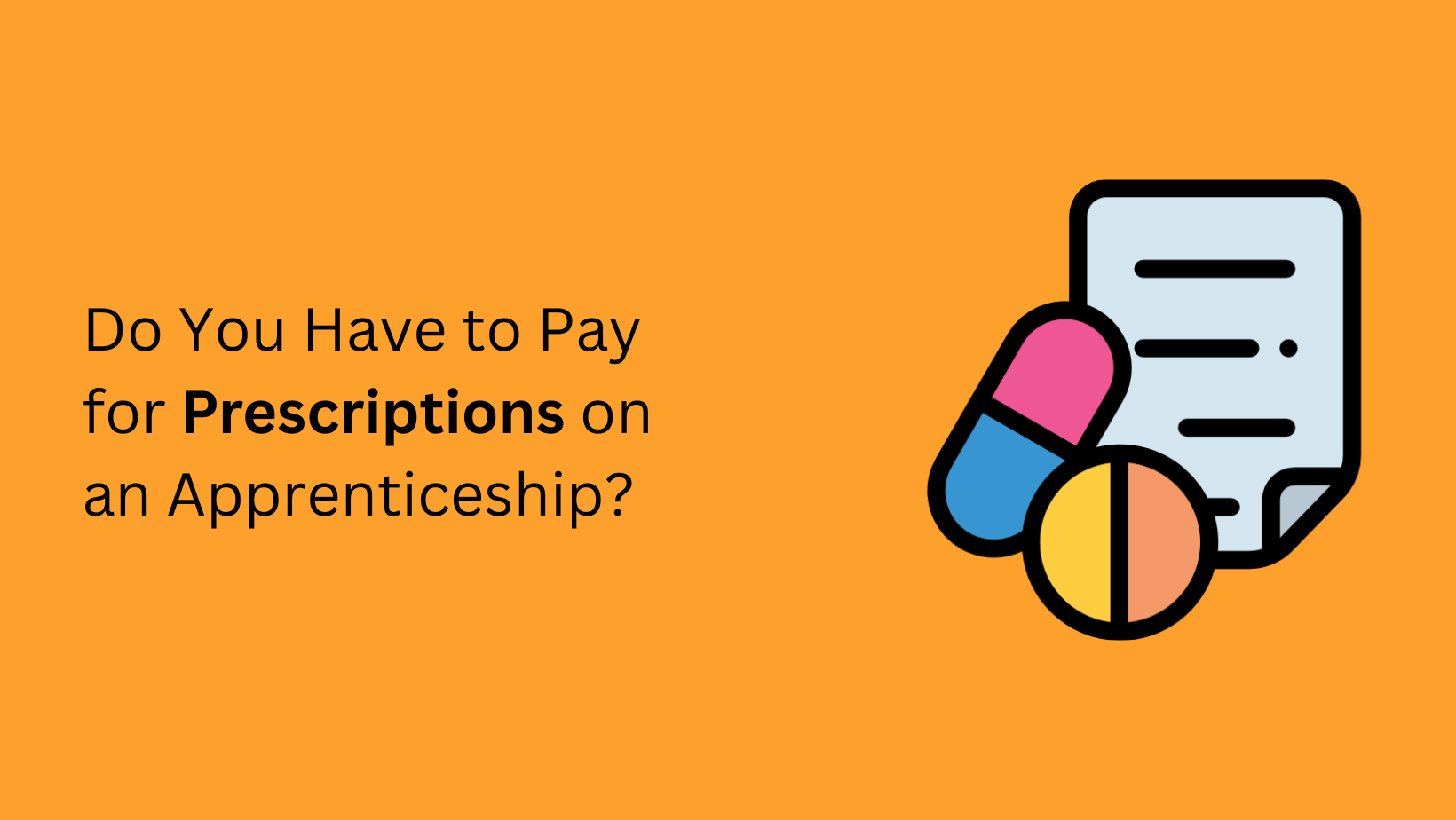Apprenticeships are an excellent way to gain practical skills and knowledge while earning a wage. However, you may wonder, “Do you have to pay for prescriptions on an apprenticeship?”
When embarking on an apprenticeship, it is natural to have questions about the costs associated with healthcare, including prescription medications.
This article will delve into the details of prescription costs on an apprenticeship, covering eligibility, exemptions, and useful resources available to apprentices.

What are Prescription Charges?
Prescription charges are fees that individuals pay for their prescribed medications. These charges contribute to the National Health Service (NHS) funding and help maintain the availability of essential medicines for everyone. As an apprentice, you may have concerns about how these charges could impact your finances.
Prescription Costs on an Apprenticeship
Apprentices are required to pay the standard prescription charge set by the NHS of £9.65 per prescription item. If prescribed multiple medications in a single visit, you would pay £9.65 for each item.
Exemptions from Prescription Charges
Fortunately, not all apprentices have to pay for their prescriptions. The NHS offers several exemptions, and if you fall into one of these categories, you won’t have to pay for your medications:
- Medical Exemption: If you have certain medical conditions, such as epilepsy, diabetes, or cancer, you may be eligible for a medical exemption certificate, which covers the cost of prescriptions.
- Low Income Exemption: If you receive specific state benefits or have a low income, you may qualify for help through the NHS Low Income Scheme. This scheme can provide financial assistance with prescription charges and other healthcare costs.
- Maternity Exemption: If you are pregnant or have given birth in the last 12 months, you are entitled to free prescriptions with a maternity exemption certificate.
- Universal Credit: In certain circumstances, if you are on Universal Credit, you may also be entitled to help with prescription costs.
How to Claim Exemption
You must apply for the appropriate certificate or document if you believe you qualify for any of the above exemptions. Your healthcare provider or pharmacist can guide you and provide the necessary forms.
Prepayment Certificates
For apprentices who do not qualify for free prescriptions but still require regular medication, a Prescription Prepayment Certificate (PPC) can be a cost-effective option. A PPC acts as a season ticket, covering all prescription costs for a fixed duration. It can be purchased for three or 12 months and can save you money if you need multiple prescriptions.
Summary
Understanding prescription costs is crucial for managing your healthcare expenses. While most apprentices are required to pay the standard prescription charge, exemptions are available for those who qualify based on medical conditions, income, and maternity status.
If you have questions or need guidance on your eligibility for free prescriptions or financial assistance, consult your healthcare provider, pharmacist, or the NHS website. Staying informed about your options will help you receive the necessary medications without unnecessary financial burdens during your apprenticeship journey.
